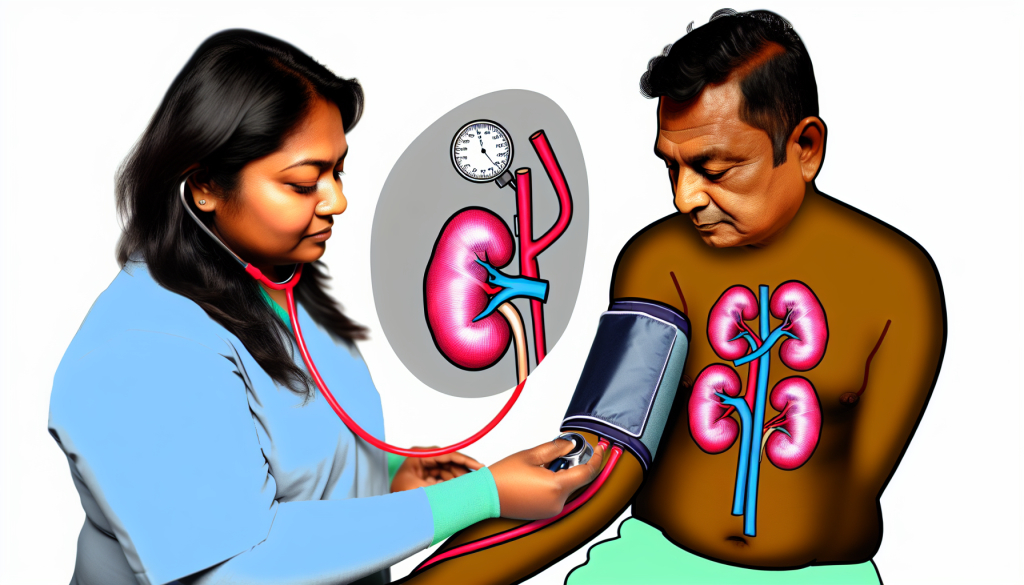Blood test predicts male infertility risk without the need for semen

Researchers at Toho University in Japan have introduced an AI-based model that can evaluate male infertility risk solely through blood tests, eliminating the necessity for semen analysis. It is anticipated that this could become a standard infertility screener in the near future, replacing semen-based assessments. The World Health Organization (WHO) in 2017 reported that men contribute to roughly 50% of global infertility cases. Although semen analysis is crucial for identifying male

8864 likes
315 551 view



